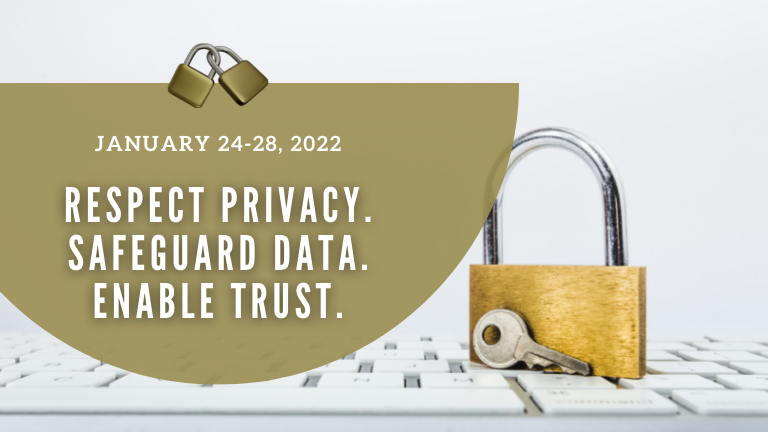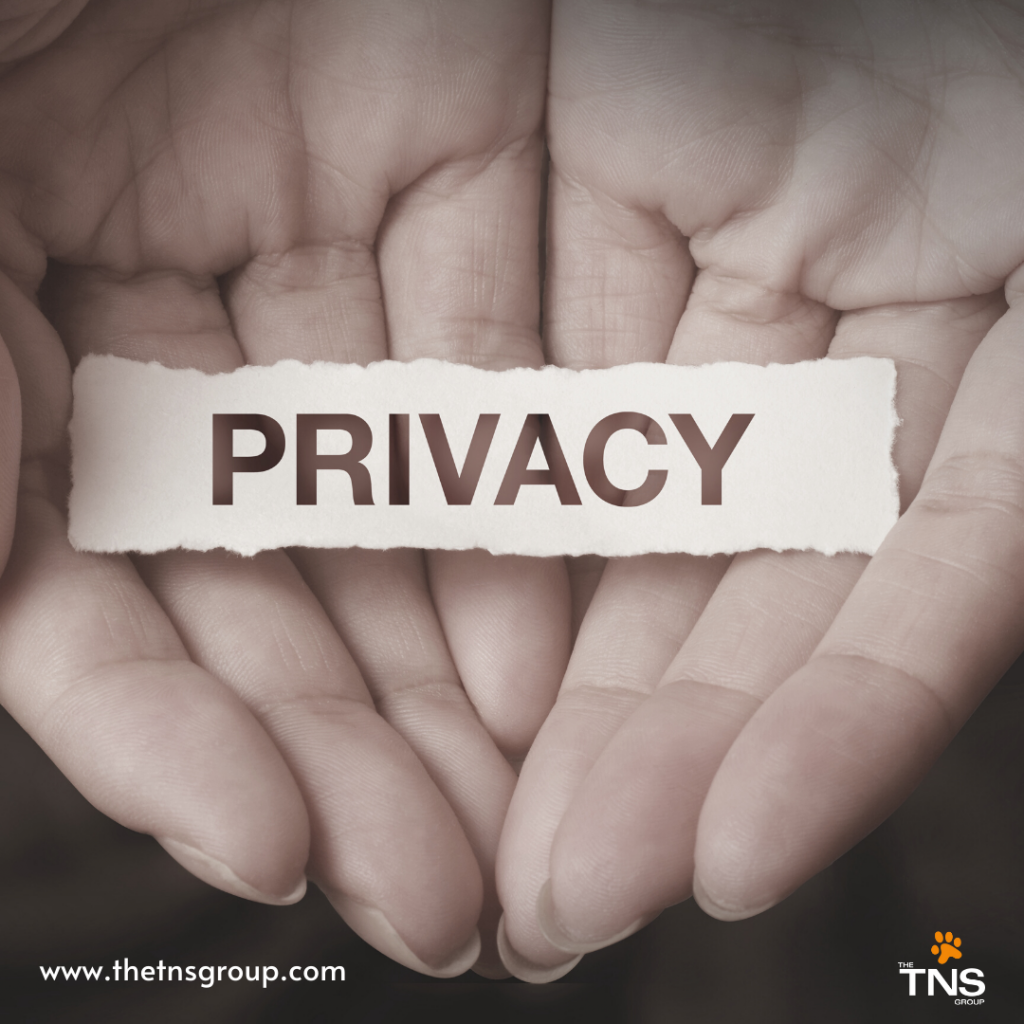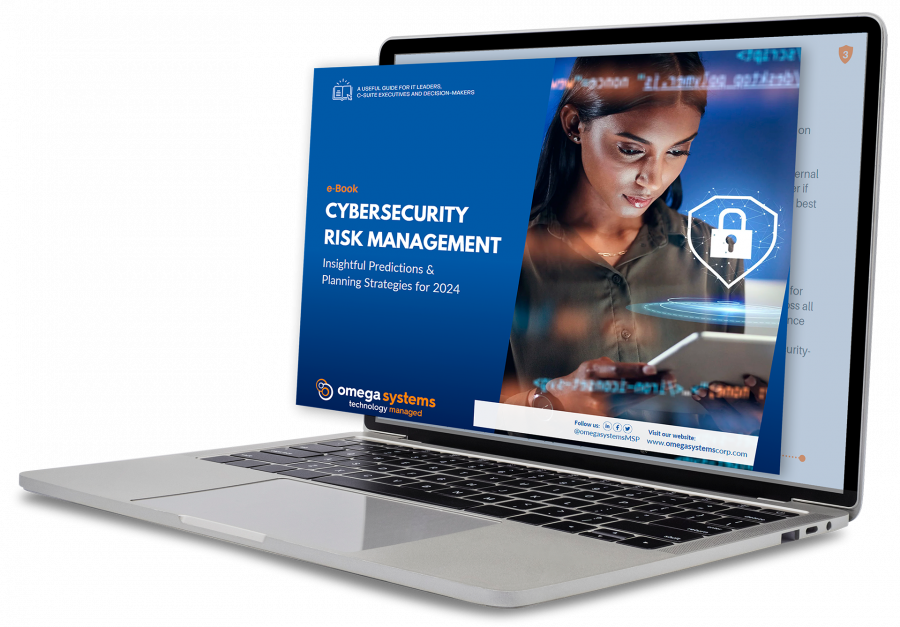
Data Privacy Day began on January 28, 2008 in the United States and Canada and is currently observed in Nigeria, Israel, and 47 European countries. On this day, we commemorate the January 28, 1981 signing of Convention 108, the first legally binding world-wide agreement dealing with privacy and data protection. In 2022, the National Cybersecurity Alliance (NCA) expanded the Data Privacy Day campaign into a week-long movement.
Data Privacy Week is a good opportunity to raise awareness about online privacy and educate citizens on how to manage and secure their personal information. It’s a time for all of us to inform ourselves on the present state of data confidentiality and what we can do to protect ourselves in this age of digital transformation. In a similar vein, it’s a platform for organizations to embrace their collective responsibilities of using consumer data ethically and safeguarding it appropriately. Businesses all over the world are expected to respect data and be more transparent about how they gather and use consumer information.
5 Ways to Protect Your Privacy as a Consumer
As the breadth and usage of the internet expand rapidly, protecting our personal information online has become our individual responsibility. To that end, we offer five practical steps we can all take today.
1. Configure your privacy and security settings. Take responsibility for protecting your personal information by optimizing the security features on your ‘smart’ devices. Enable and disable security features according to your level of comfortability. One security feature to look out for is your location tracking. Make sure to check and adjust this feature on a regular basis (we recommend several times within the day) according to your needs and preferences.
2. Use passphrases that have 20+ characters. When coming up with a unique and strong password, longer is better than difficult. Passphrases are easier to remember than complex passwords and are harder to crack. Focus on positive sentences or phrases that you like to think about and are easy to remember. A good example of a passphrase is 2beornottobe,thatisthe?. It contains 21 alphanumeric characters and 2 punctuation marks, is a sentence that makes sense, and is easy to remember but hard to guess.
3. Add multi-factor authentication to your passphrases as a one-two punch! Ever heard of credential stuffing? This fearsome attack can happen to any compromised account. Hackers will milk a compromised account for all its worth and use the same username and password combination to breach into other accounts. With multi-factor authentication or MFA, you stand a fighting chance against this horror. This added layer of security might be a bit of a hassle, but it makes it that much harder for hackers to gain access to your data. If a genius hacker managed to crack your passphrase, they now must steal your mobile phone to gain access to your data.
4. Stay on top of updates and patches. Hackers are constantly finding new ways to work their way to your personal information. As technology advances, the newer, most up-to-date software has yet to be discovered by hackers and is, therefore, more secure. Keep all software on internet-connected devices current to reduce the risk of infection from ransomware and malware. Configure your devices to automatically update or to notify you when an update is available.
5. Remember: LESS IS MORE. As asserted by the NCA, no one is required to fill in every single piece of information when completing a profile for an account. Limit what information you give online. If it isn’t compulsory, don’t include it. If a website says a piece of information is required without providing a convincing explanation, who’s to say you must answer honestly? If you don’t feel comfortable supplying a piece of information, then think twice about creating an account with that company.
3 Ways to Respect Consumer’s Data as an Enterprise
Protecting your consumers’ privacy is a smart strategy for inspiring trust, building your reputation, and ensuring the longevity of your business. The following guidelines will bring you closer to your data privacy goals.
1. Understand which privacy laws and regulations apply to your business. Security measures to keep consumers’ personal information safe from inappropriate and unauthorized access will vary depending on where your business operates. Make sure to do your due diligence and comply with the privacy laws and regulations surrounding the fair collection, use, and protection of personal data in the state where you operate. This includes oversight of your partners, vendors, and any third party providing services on your behalf. You are responsible for how they collect and use your consumers’ personal information.
2. Create a data privacy statement. As a business, make it a priority to communicate clearly and regularly about what privacy means to your organization and the steps you take to achieve and maintain consumer privacy and security. A privacy policy can be a good way to achieve this. A privacy policy also referred to as a privacy statement is a document in which you inform your website visitors about how your organization deals with personal information. Among other things, it informs the website visitor about which data is being collected and its purposes. Ensure that your privacy statement clearly communicates your data use practices and includes contact information and details on who you are and how you collect, use, and share personal information.
3. Educate your employees. Create a culture of privacy within your company by educating your team of their obligations to protect personal information. To begin with, educate employees on your company’s privacy policy. Train new hires about their role in your privacy culture during the onboarding process. Teach employees how to update their own privacy and security settings at work and on their personal accounts. Engage them by asking them to consider how privacy and data security apply to the work they do on a daily basis.

This Data Privacy Week, let's all take a moment to learn more about how the services we engage in as consumers use our data and take steps to protect our own privacy where possible. You can learn more about Data Privacy Week on the National Cybersecurity Alliance (NCA) website. You can also register on the site to become a Data Privacy Champion and get access to related infographics.
If you have any questions on how to protect your consumers' privacy as a leader in your organization, contact The TNS Group today. Let’s talk about how security, protection, and compliance can help you grow your business while saving money.
Share this blog post with your colleagues and friends. Follow The TNS Group on Facebook, Twitter, Instagram, or LinkedIn.
Categories: Managed Service Provider, MSP Blogs, Solution Blogs




